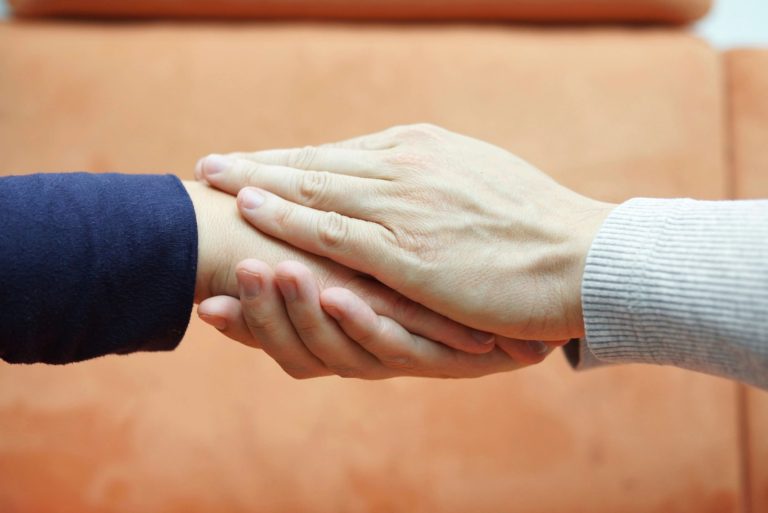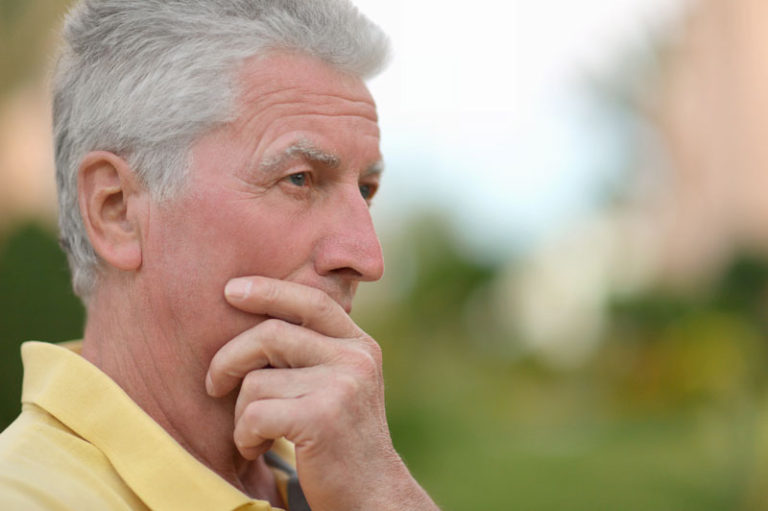 Do you find yourself arguing frequently with your partner? This may happen for several reasons. If one person is criticizing the other, undoubtedly an argument will ensue. The solution here, obviously, is to stop criticizing. No one likes to be criticized. Instead of telling the other what he/she is doing wrong, simply ask for the behavior you would like. Offering to modify one of your behaviors in return creates a win-win situation.
Do you find yourself arguing frequently with your partner? This may happen for several reasons. If one person is criticizing the other, undoubtedly an argument will ensue. The solution here, obviously, is to stop criticizing. No one likes to be criticized. Instead of telling the other what he/she is doing wrong, simply ask for the behavior you would like. Offering to modify one of your behaviors in return creates a win-win situation.
Sometimes the arguments are a result of differing opinions. You have probably noticed that when two people are reiterating their respective positions, they may become louder or more forceful, but that rarely shifts the perspective of the other. The result is either a blow-up, with an aftermath that lasts for days, or one party gives in to keep the peace, but may feel unheard or resentfful.
There is a better way. Rather than fighting each other, the two people join together and work as a team to solve the problem. He says “black”, she says “white.” First, both work to clearly understand the other’s concerns and preferences. Then each proposes “grey” solutions, until they come upon one that both can live with.
If you are one half of a couple, there will be times when you disagree. It is vital, for a healthy relationship, that you learn the process, and the art of compromise. Indeed, there may be some issues that are non-negotiable for you, for example, things involving legal or moral issues. These should be few, so for most issues, there should be room to reach some kind of agreement.
Neither party may be completely happy with the result of the compromise, but if the relationship is one in which there is respect for one another, both will see that while there may have been a “loss” in terms of one’s stance on the issue, there is a “gain” in terms of the relationship. In ten years the issue will be forgotten, but you will be reaping the rewards that come from putting the relationship first.
Copyright © Gwen Randall-Young, All Rights Reserved. Contact us if you would like permission to reprint.
Related MP3s Available:
Creating the Ultimate Relationship
Communication in Relationships
Trust and Fidelity
Attracting an Ideal Mate
Relationship Healing




 As a therapist, I always tell those who come for marital counseling that I will do everything in my power to help them overcome their difficulties and make their marriage stronger and more joyful. If both individuals want to do this, I have an abundance of strategies to accomplish this objective. When both are committed to this objective, the success rate is very high.
As a therapist, I always tell those who come for marital counseling that I will do everything in my power to help them overcome their difficulties and make their marriage stronger and more joyful. If both individuals want to do this, I have an abundance of strategies to accomplish this objective. When both are committed to this objective, the success rate is very high.
 People often wonder what happens when a couple goes for relationship counseling. Sometimes one partner wants to seek help, while the other is resistant. Typically, it is the woman who encourages counseling, because women are used to discussing things with their friends, and do not find it odd to think of talking about their issues with a professional. Some people, male or female, do not like the idea of dealing with their problems with a third party. The feeling is, “we can solve it ourselves,” however, if that were true, the problem would be gone.
People often wonder what happens when a couple goes for relationship counseling. Sometimes one partner wants to seek help, while the other is resistant. Typically, it is the woman who encourages counseling, because women are used to discussing things with their friends, and do not find it odd to think of talking about their issues with a professional. Some people, male or female, do not like the idea of dealing with their problems with a third party. The feeling is, “we can solve it ourselves,” however, if that were true, the problem would be gone.
 What does it mean to love someone unconditionally? I have often been asked if it is possible to really love someone without any conditions upon which that loving is dependent. I think it is, although it is not always easy.
What does it mean to love someone unconditionally? I have often been asked if it is possible to really love someone without any conditions upon which that loving is dependent. I think it is, although it is not always easy.
 Many women believe it is the man’s job to make her happy. There is typically less discussion about what women can do to help the man to feel good. I will give you some ideas about what men need, and the rest is up to you.
Many women believe it is the man’s job to make her happy. There is typically less discussion about what women can do to help the man to feel good. I will give you some ideas about what men need, and the rest is up to you.
 I have worked with many women over the years—single, engaged, married, and divorced. While every woman is different, I have discovered commonalities in what they need from a partner. Regardless of what you think about these things, the fact is that if you are able to give them, you will have a happy woman, and a better chance of a lasting relationship.
I have worked with many women over the years—single, engaged, married, and divorced. While every woman is different, I have discovered commonalities in what they need from a partner. Regardless of what you think about these things, the fact is that if you are able to give them, you will have a happy woman, and a better chance of a lasting relationship.
 People often wonder what happens when a couple goes for relationship counseling. Sometimes one partner wants to seek help, while the other is resistant. Typically, it is the woman who encourages counseling, because women are used to discussing things with their friends, and do not find it odd to think of talking about their issues with a professional. Some people, male or female, do not like the idea of dealing with their problems with a third party. The feeling is, “we can solve it ourselves,” however, if that were true, the problem would be gone.
People often wonder what happens when a couple goes for relationship counseling. Sometimes one partner wants to seek help, while the other is resistant. Typically, it is the woman who encourages counseling, because women are used to discussing things with their friends, and do not find it odd to think of talking about their issues with a professional. Some people, male or female, do not like the idea of dealing with their problems with a third party. The feeling is, “we can solve it ourselves,” however, if that were true, the problem would be gone.
 My dear, you must do some work with a good therapist. It is so difficult to heal this on your own. You have been traumatized, and brainwashed into thinking of yourself in a negative way. It is good that you have done so much reading, and understand, intellectually, how you have been affected. So much of the kind of negativity you experienced as a child is stored at a subconscious level, and it is hard to access that by ourselves, with our intellect.
My dear, you must do some work with a good therapist. It is so difficult to heal this on your own. You have been traumatized, and brainwashed into thinking of yourself in a negative way. It is good that you have done so much reading, and understand, intellectually, how you have been affected. So much of the kind of negativity you experienced as a child is stored at a subconscious level, and it is hard to access that by ourselves, with our intellect.


 I have just read your article “The Healing Power of Forgiveness” in the March Psymposium magazine. I am holding bitterness, I recognize all the points in your article, but I am at a wall…what is my next step? How do “let go” I understand what you are saying, I really do, but I can’t seem to get rid of the bitterness. Can you help me with some advice please?
I have just read your article “The Healing Power of Forgiveness” in the March Psymposium magazine. I am holding bitterness, I recognize all the points in your article, but I am at a wall…what is my next step? How do “let go” I understand what you are saying, I really do, but I can’t seem to get rid of the bitterness. Can you help me with some advice please?